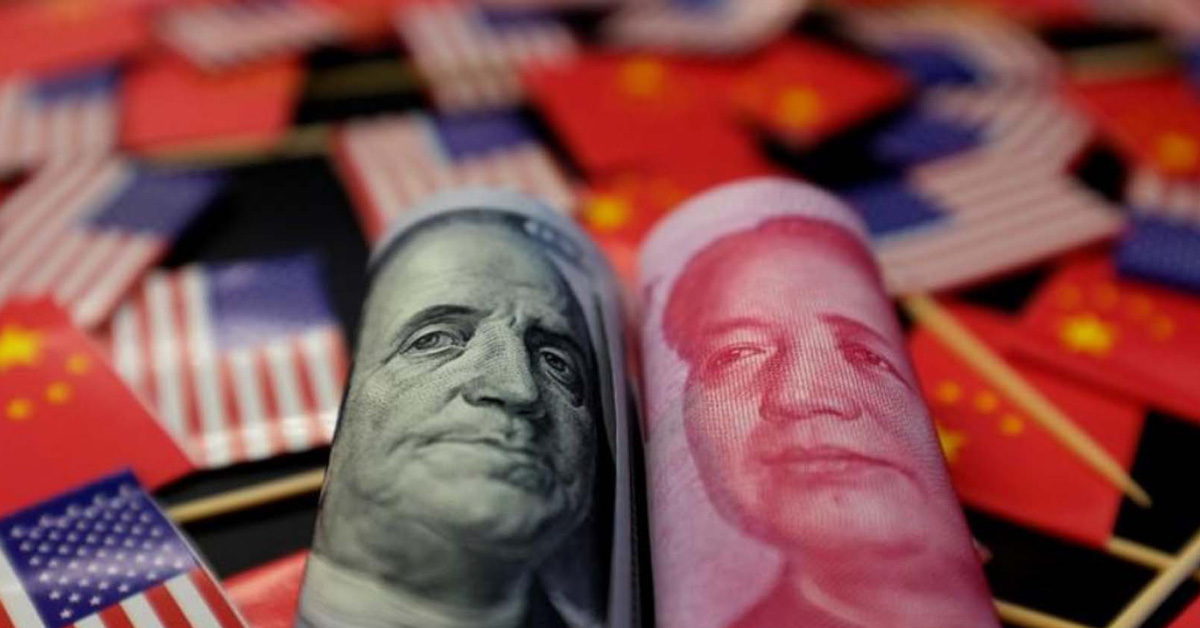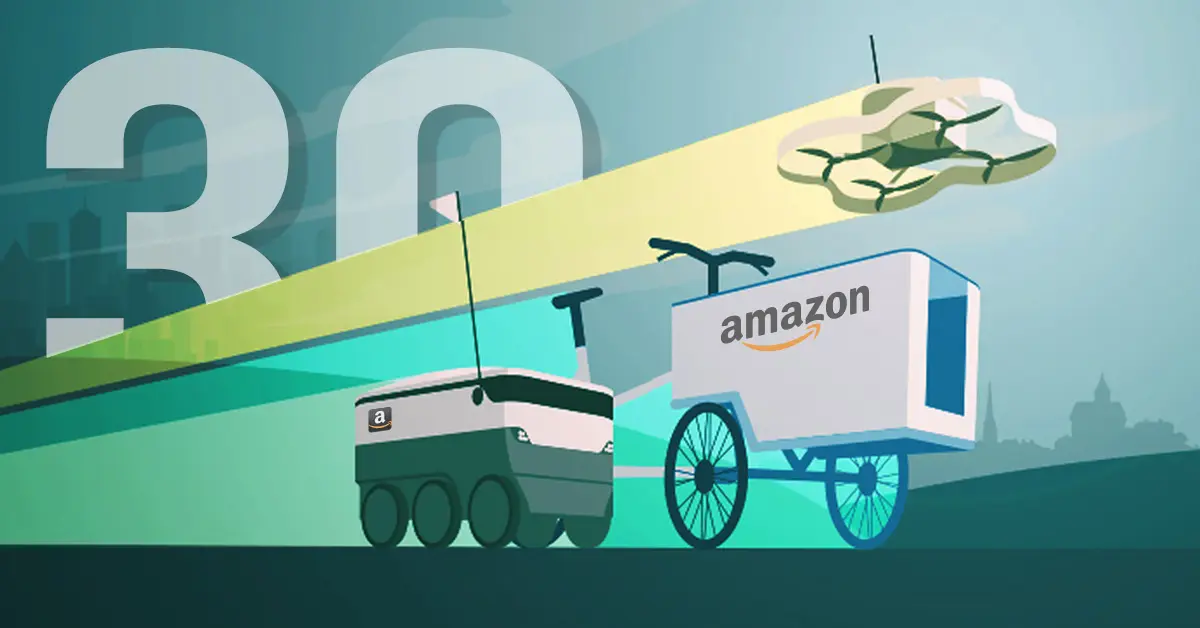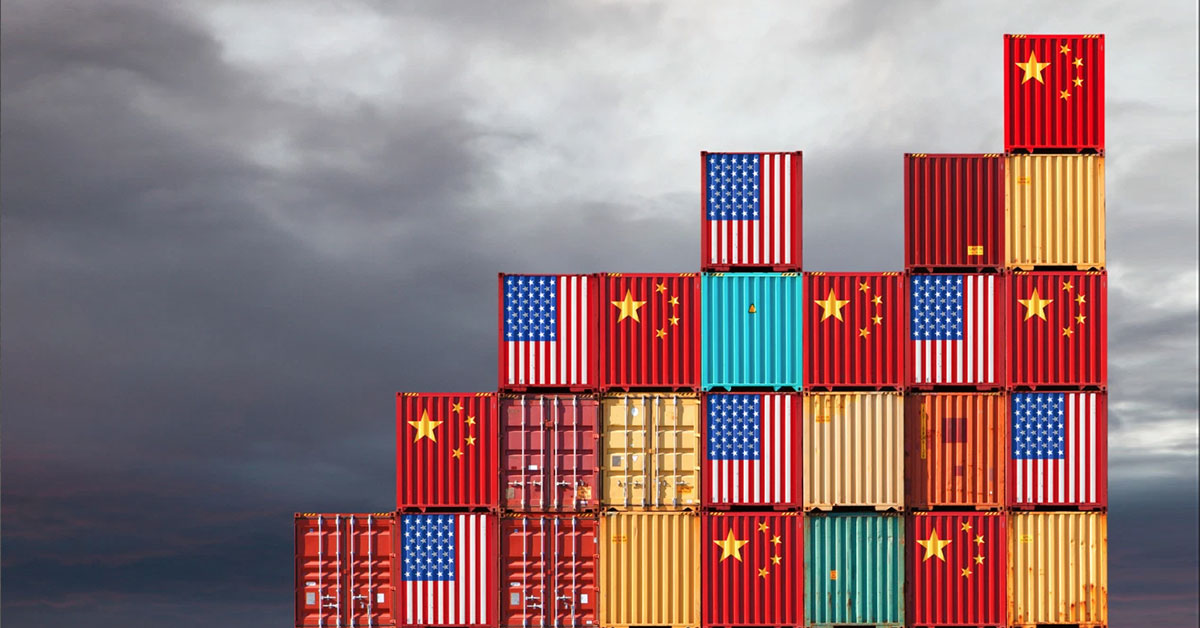Tariff escalation affects US-based Amazon sellers more than their competitors in China
The series of tariffs imposed by the United States on Chinese goods has impacted both US and China-based Amazon vendors, but US sellers are taking a bigger hit to their sales.
The gap has widened since the round of tariffs on Chinese goods announced in the summer of 2018 by the Trump administration, according to data from cross-border e-commerce analytics company SellerMotor.
According to SellerMotor’s data, US-based Amazon sellers have seen their year-over-year monthly sales decrease every month since November 2018. By March 2019, when a 25% tariff was placed on $250 billion in Chinese goods, Chinese vendors’ year-over-year sales grew by 61%, but U.S. sellers saw their sales decrease by 3%.
While many US-based Amazon sellers also get their supplies from China, Chinese sellers have better control over their supply chain and closer relationships with their suppliers (in some cases, even equity partnerships), allowing them more flexibility, SellerMotor COO Sibao Chen tells TechCrunch.
Chen adds that the way many Chinese e-commerce sellers organize their operations may also give them an edge over U.S. sellers.
“If there is an electronics company selling iPhone charging cables and also headsets, each of these product groups would probably have two to five people running the thing, like a mini-company, and they are organized, incentivized and almost completely independent within their group and given a lot of autonomy,” Chen says. “This is a very common form of organization within the Chinese retail and e-commerce industry and this is something we believe could have given them an edge in terms of the speed that they react to external impacts such as the tariffs.”
More Amazon news

China insists on the removal of existing US tariffs
US-China Trade Deal Beijing’s top priority in the trade deal with the United States is the removal of existing tariffs on Chinese goods “Sources with direct knowledge of the trade talks told the Global Times on Saturday that the U.S. must remove existing...

Amazon is going to need a lot of robots
Amazon wants to ship you anything in 30 minutes Analysts predict that Amazon will try to add robots and automation to its entire operation. It is inevitable given Amazon's focus on efficiency and pleasing customers. Amazon is burning through billions to...

Former Amazon executive on the 5-star rating system
Amazon rating system developers ended up being too protective of it According to the former Amazon executive, the online ratings and reviews model was a good solution at first, but the team ended up being too protective of it. Dan Lewis spent many years at...

